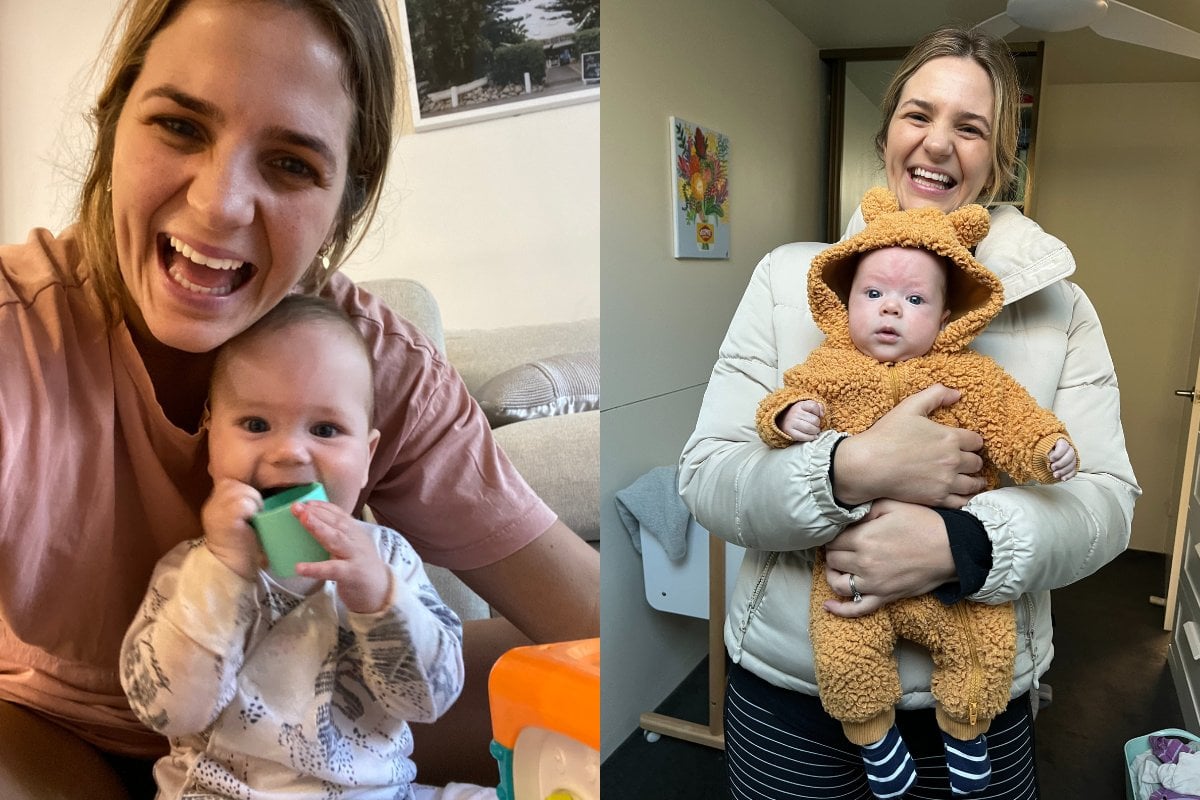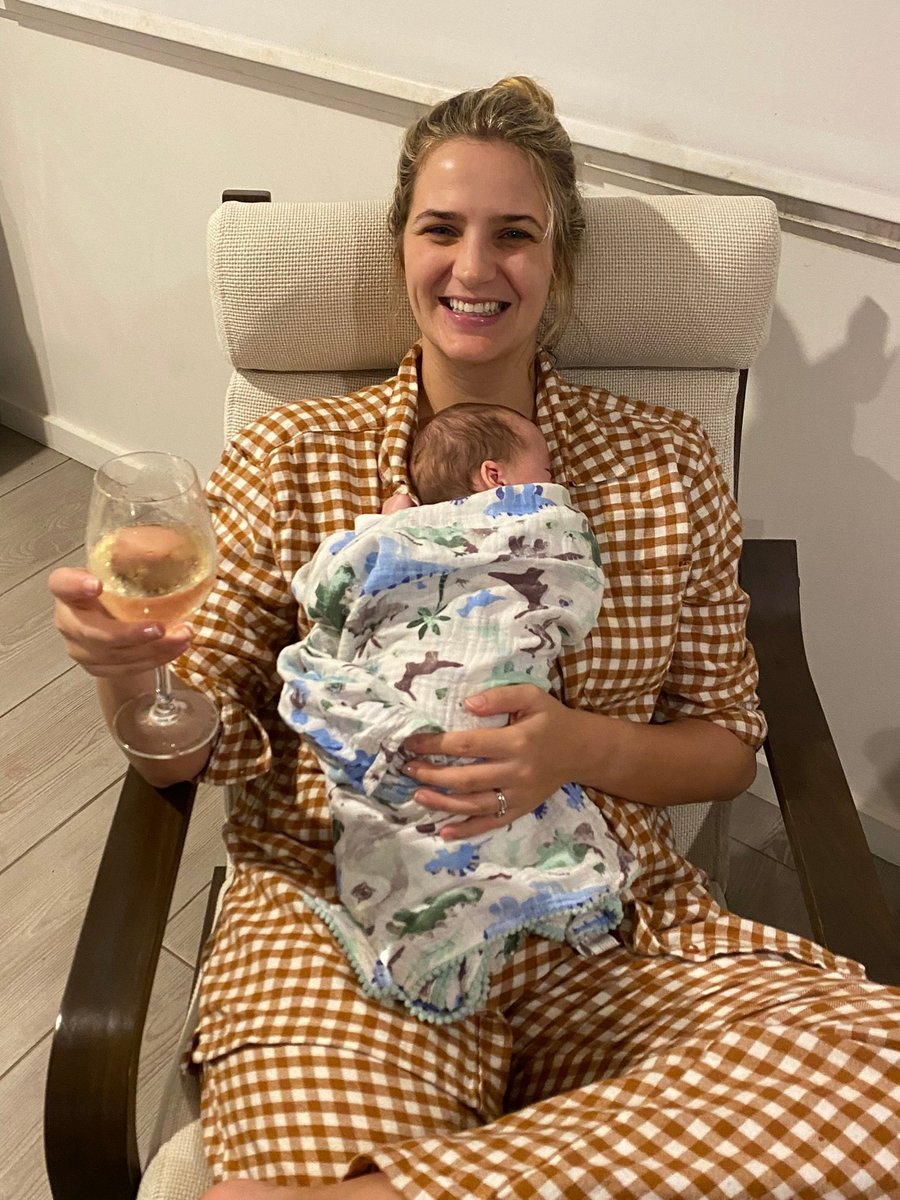
When I speak to my female friends who are about to become parents, they share a million different little worries.
Of course, there’s the question of whether they’ll ever sleep again (short answer: yes, long answer: not in the way you used to, for a while at least).
There’s panic about changing dirty nappies (you’ll get over this one near-instantaneously), whether breastfeeding hurts (it can, but it shouldn’t) and how they’ll recover from birth (slowly, but you’ll look back and the time has flown).
Watch: Horoscopes As New Mums. Story continues below.
But one point seems to cause them the most stress as they approach becoming mothers, and oddly enough, it’s a concern about their relationships, not their baby.
It’s one I shared before my son was born, and one I’ve heard a thousand times since: How can my partner and I tackle this together, equally, as a team, when the whole world is telling me the responsibility rests on my shoulders?
For some people, the answer to this question is simple: they don’t.
They decide, from the outset, that it’s impossible to share the load equally in the first few years of parenting, and hope that things will even out with their partners eventually.



Top Comments